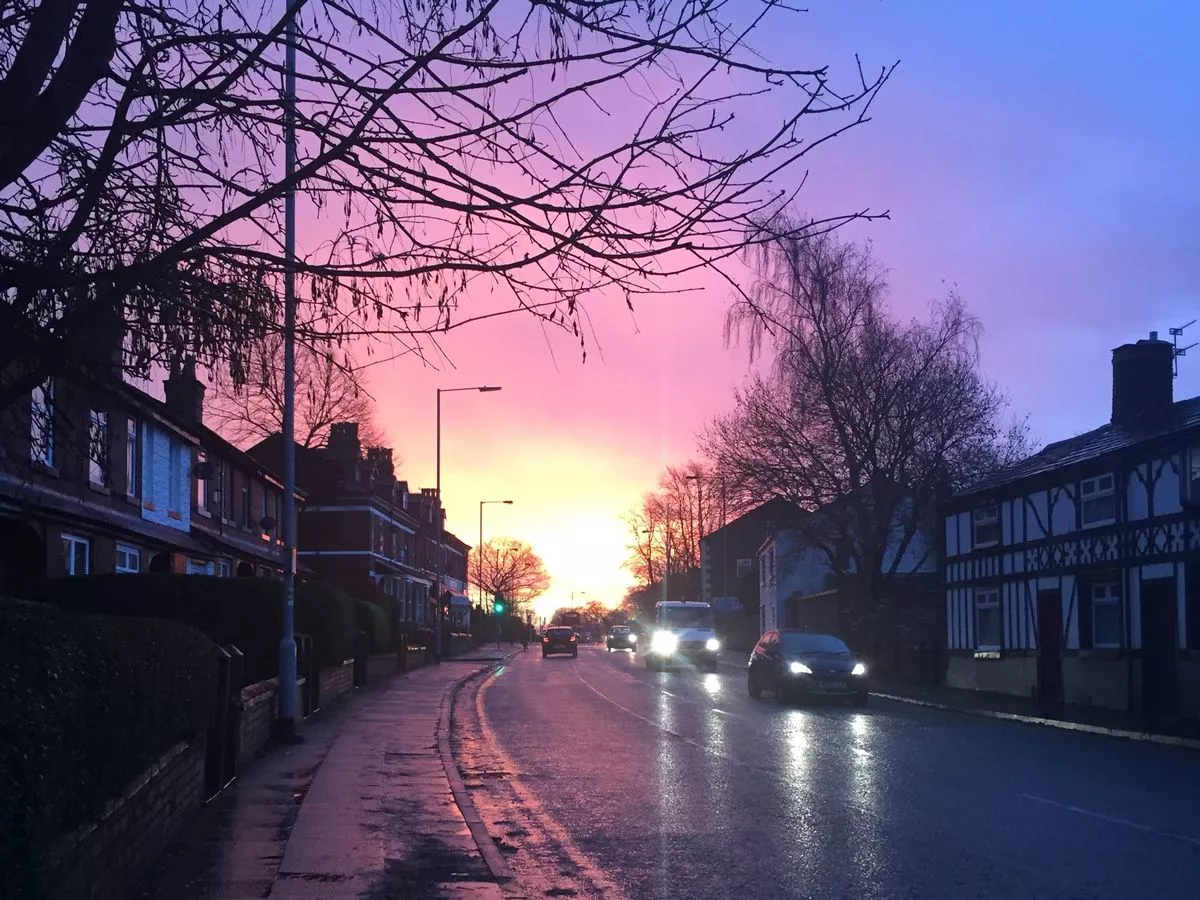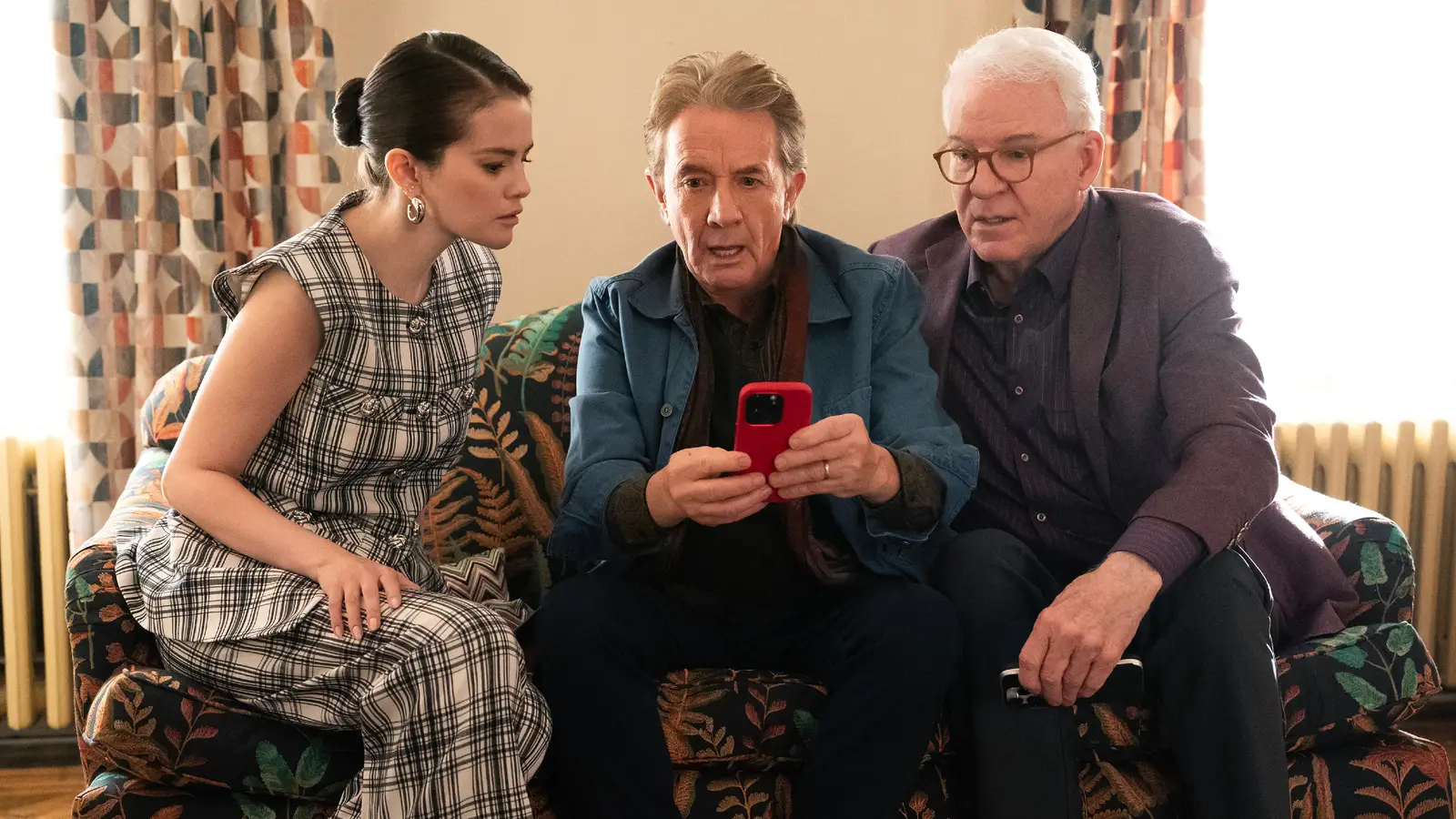Copyright manchestereveningnews

A new survey reveals that more than four out of five drivers are worried about being blinded by vehicle headlights as the evenings darken earlier. The poll, commissioned by the RAC and involving 1,701 regular UK drivers, also indicated that the brightness of some headlights is the main reason for people feeling uneasy when driving in the dark. With the clocks having gone back an hour on Sunday, the sun now sets earlier each day, resulting in more post-work journeys taking place in darkness. A Government-commissioned report into headlight glare, conducted by consultancy TRL, is due to be published soon - as 82 per cent of drivers reported being worried about being blinded by headlights. And, among the 38 per cent of drivers surveyed who admitted to feeling nervous about driving in the dark , 75 per cent attributed this to bright headlights from oncoming vehicles. This compares with 63 per cent who said it was because spotting hazards is more difficult, while 41 per cent said it is harder to judge the speed of other vehicles. The RAC suggests that headlights appear brighter on modern cars because they use bi-xenon or LED rather than traditional halogen bulbs, creating a more intense beam. This improves a driver's view but can negatively impact other road users. Join our Traffic and Travel WhatsApp group HERE Other potential factors include poorly aligned headlights and the prevalence of SUVs, which generally have headlights in a higher position. The DVSA (Driver and Vehicle Standards Agency) has also warned anyone caught using illegal retrofit headlamp bulbs could face a fine of up to £1,000. RAC senior policy officer Rod Dennis said: "Unfortunately, for a lot of drivers the annual onset of darker evenings coincides with another unwelcome arrival – that of overly-bright headlights that they believe make driving more difficult due to dazzle and discomfort. "The fact headlight glare is the leading cause of nervousness from driving at night underlines it's a problem that needs tackling. "At the same time, it's important to remember that brighter headlights can give drivers a better view of the road ahead – so there's a balance to be struck." Nicholas Lyes, director of policy and standards at road safety charity IAM RoadSmart, said many people are responding to the problem of headlight glare by "reducing their driving in the evenings". He urged motorists to check the aim of their headlights and ensure the lenses are clean. Denise Voon, clinical adviser at the College of Optometrists, said patients are "telling us more frequently" that headlight glare is "affecting their ability to see clearly while driving". She went on: "We look forward to the findings from the Government's headlight glare research project and hope this evidence enables the industry to find a solution that will reduce headlight glare and make driving at night safer for everyone." A Westminster Hall debate on the issue will be held on Wednesday. A Department for Transport spokesperson said: "We know headlight glare is frustrating for many drivers, especially as the evenings get darker. "That's why we commissioned independent research to better understand the causes and impact of glare, which will inform new measures in the upcoming Road Safety Strategy. "Alongside this, DVSA (Driver and Vehicle Standards Agency) has stepped up surveillance to intercept the sale of illegal retrofit headlamp bulbs for on-road use, and anyone caught could face a fine of up to £1,000." – The survey was conducted by research company Online95 earlier this month.



